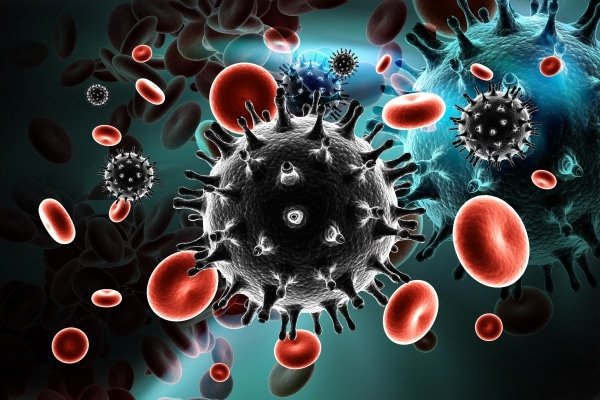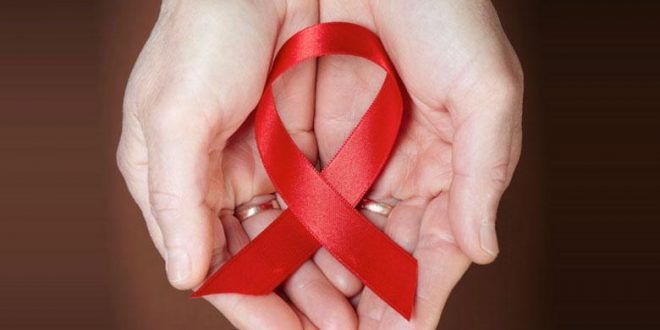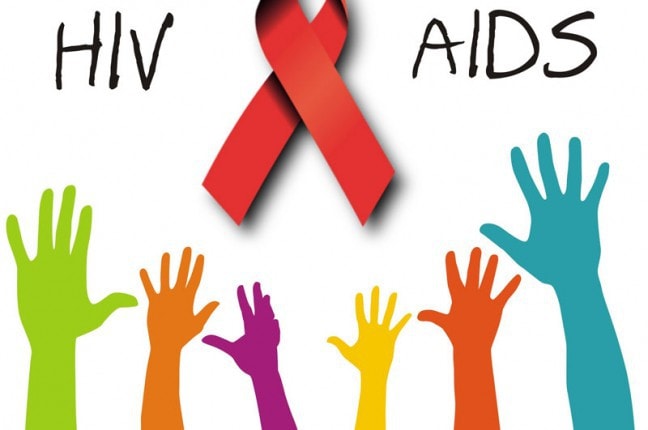AIDS vs. HIV – 5 Differences You Should Know
Medical awareness is one of the most stressed on topics within the health-care realm. Many people use AIDS and HIV interchangeably thinking they refer to the same condition, but the truth is that each term represents a specific set of characteristics that can be more distinct than you think.
The differences between HIV and AIDS mainly circle around the symptoms/ treatment realization.
What is HIV?

The most important point about HIV (Human Immunodeficiency Virus) is, well, that it’s a “virus”; it is not a fully-developed disease or syndrome.
HIV leads to several infections that can weaken and eventually destroy our immune system; it attacks its cells and causes a specifically drastic decrease in the number of T-cells (also known as CD4 cells.) Not only that but so far, no one really knows why our immune system is incapable of fighting HIV infections back.
Decades ago, a person diagnosed with HIV was no better than dead. Now, however, HIV treatment and medical-care have developed so significantly that an HIV positive individual can lead a normal healthy life if he tends to it properly.
HIV, of course, cannot be wholly cured, but the medicine taken can prolong the patient’s life expectancy until there are almost no HIV consequences threatening his life; the medicine is called antiretroviral therapy (ART), and it provides HIV infected individuals with daily protection.
HIV can only be transmitted through the exchange of bodily fluids; such occurrence can take place through unprotected sex, the use of contaminated needles, contact with blood or saliva, etc.
What Are Difference Among Hepatitis A, B and C?
How did HIV come to be?
Many years ago, scientists were able to establish the conception that HIV is actually the mutant version of SIV (Simian Immunodeficiency Virus) initially transmitted from chimpanzees.
They explained how we might come across this virus as a result of our hunting them; our contact with contaminated blood is viewed as the main reason behind HIV development.
What is AIDS?

As we’ve mentioned before, HIV is a virus, and just like all viruses, it tends to develop and settle in our bodies if left untreated. AIDS is considered the final or last stage of HIV development; HIV develops through 3 stages: early stage, clinical latency stage, and finally AIDS.
AIDS (acquired immunodeficiency syndrome), however, is a fatal disease/syndrome (fully developed), and once a person is diagnosed with AIDS, he/she pretty much has no chances of recovery.
This syndrome is developed after HIV has seriously damaged our immune system leading to a significant decrease in T-cells. In that sense anyone with AIDS definitely has HIV, but the opposite is not always true.
A person can’t really rely on symptoms in order to identify his chances of having HIV or AIDS; symptoms vary from person to person, and sometimes no symptoms even show in the early stages of illness. An HIV test is your best call for proper identification.
Recommended for You:
Differences between AIDS and HIV
Check out this HIV vs. AIDS table to help you pinpoint how they are different.
HIV |
AIDS |
| HIV is a virus | AIDS is a disease/syndrome |
| HIV leads to various infection in the body rendering the immune system weak and susceptible to infection-related problems | AIDS is the result of long-lasting combat against the immune system (when the damage becomes significantly drastic) |
| HIV can be treated (kind of put on hold) through ART treatment | Once diagnosed with AIDS, no treatment can be of any use |
| HIV can be identified through certain symptoms, but an HIV test remains the priority | Symptoms can be a bit more severe, but the test also remains a more guaranteed approach |
| A person with HIV doesn’t necessarily develop AIDS if treated properly | A person with AIDS definitely has HIV |







